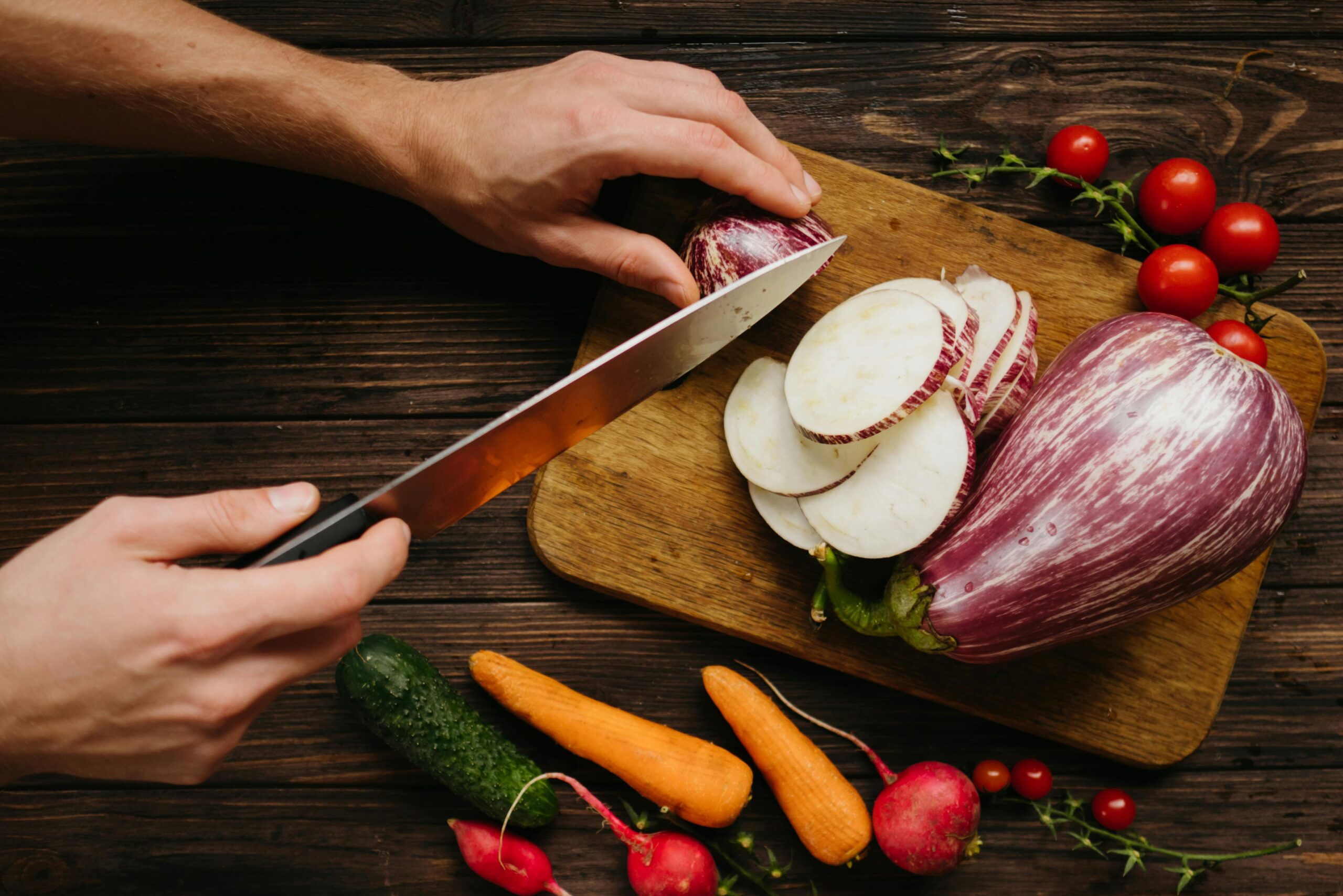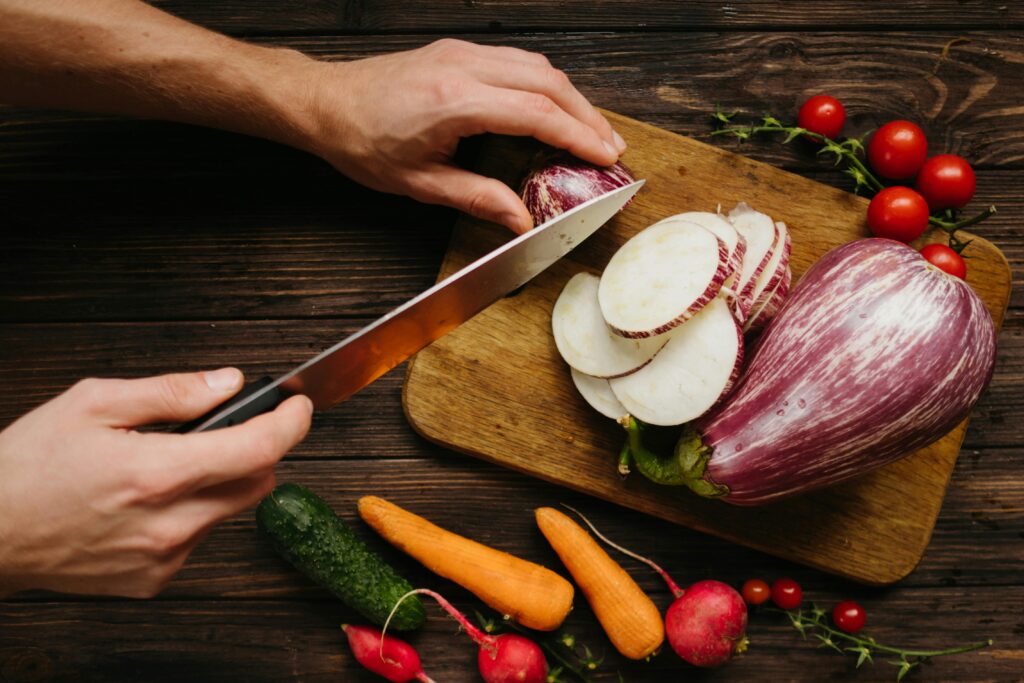Best Diet for Building Lean Muscle: Essential Nutrition Tips
When it comes to building lean muscle and getting in shape, your diet is one of the most important factors that determine how much progress you ultimately make. If you are a beginner trying to build muscle, it is important to understand that diet and training are equally important. You can have the best training plan, but without the right nutrition, you’re not going to see the results you’re after. However, the good news is that eating for fitness doesn’t have to be overcomplicated. In this article, we’ll break down the best diet for building lean muscle that can help you achieve your fitness goals.
Tailoring Nutrition to Your Fitness Goals
When it comes to fitness, everyone has different goals. Whether you’re trying to pack on muscle or shed some fat, your diet needs to be tailored to fit those specific goals. Let’s dive into what that looks like.
Determining Calorie Maintenance Level for Building Lean Muscle
Your calorie maintenance level is the amount you need to eat to maintain your current weight. One of the best ways to find this is by tracking the calories you normally eat every day for a week and then taking the average. This average gives you a good estimate of your maintenance calories. While there are plenty of calorie maintenance calculators online, they often provide just a rough estimate and can vary significantly based on individual factors like metabolism, activity level, and muscle mass. That’s why tracking your own intake is more reliable. It gives you a personalized snapshot of what your body actually needs. Before we go over the best diet for building lean muscle, it is important to first establish your calorie goals. We will cover this in the next section.
Nutrition For Muscle Growth
Calorie Surplus and Its Role in Mass Gaining Diets
If your goal is to gain mass, you need to eat in a caloric surplus—meaning you consume more calories than your body burns in a day. Think of it this way: you can’t build a house without enough bricks. Similarly, your body can’t build muscle without enough calories. When I first started lifting, I thought I could just lift heavy and the muscle would come. But until I started paying attention to my calorie intake, my progress was slow.
Can You Build Lean Muscle at Maintenance Calories?
If you truly want the best diet for building lean muscle, you might find that sticking to your maintenance calories just isn’t cutting it. Here’s the deal: maintenance calories are designed to keep you at your current weight. They’re what you need to fuel your daily activities without gaining or losing weight. But when it comes to building muscle, that’s not quite enough.
Best Diet to Gain Lean Muscle: Protein Intake
Protein is the cornerstone of muscle growth. If you want the best protein diet for working out, aim for around 0.8 to 1 gram of protein per pound of body weight. For example, if you weigh 180 pounds, you’re looking at around 180 to 216 grams of protein daily. If you a healthy diet for building muscle, you can get this from sources like chicken, beef, fish, eggs, and even plant-based proteins like beans and tofu. This is arguably the best diet for building lean muscle as you get healthy foods from every major food group
How to Properly Time Meals in Your Mass Gaining Diet
When I started focusing on pre- and post-workout meals, I noticed a big difference in my recovery and strength gains. Eating a balanced meal with protein and carbs about 1-2 hours before your workout can give you the energy to push harder. After your workout, a meal rich in protein and carbs helps kickstart the recovery process.
Meal Frequency for Building Muscle
There’s a lot of debate about how many meals you should eat each day. Some people swear by six small meals, while others stick to three larger ones. From my experience, the best approach is the one that fits your lifestyle and keeps you consistent. I’ve done both, and I found that as long as I hit my calorie and macro goals, the number of meals didn’t matter much.
Sample Diet Plan for Building Lean Muscle
Here’s a sample meal plan that’s balanced and easy to follow:
- Breakfast: Scrambled eggs with spinach and whole-grain toast, a side of mixed berries, and a cup of black coffee or green tea.
- Lunch: Grilled chicken breast with quinoa and steamed broccoli, a small avocado for healthy fats.
- Dinner: Baked salmon with sweet potato and a side salad, drizzled with olive oil and balsamic vinegar.
- Snacks: Greek yogurt with a handful of almonds and a protein shake with a banana post-workout.
How Important is Hydration for Muscle Building
Never underestimate the importance of staying hydrated. Water plays a huge role in everything from digestion to muscle recovery. I aim for at least a gallon a day, especially when training hard. If you’re not a fan of plain water, adding some lemon or cucumber slices can make it more enjoyable.
Healthy Diet for Building Muscle: Foods to Avoid
Just as important as knowing what to eat is understanding what foods to avoid. Here are some of the biggest culprits that can sabotage your fitness progress.
Highly Processed Foods and Their Effect on Muscle Growth
Eating foods that are high in sugars, unhealthy fats, and artificial additives is not a good eating plan for building muscle. Not only do they wreak havoc on your body, but these foods often lead to inflammation, poor recovery, and even weight gain. When you’re bulking, it’s okay to include some processed foods in your muscle building diet each day to help reach your calorie goal. Just make sure the majority of your calories come from healthy sources.
The Negative Effect of Sugary Beverages on a Mass Gaining Diet
Drinks like soda, sugary energy drinks, and even some fruit juices can add a ton of empty calories to your diet without providing any real nutritional value. Even swapping out sugary drinks for water and green tea can go a long way in helping you reach your goals.
Trans Fat and its Harmful Effect on a Diet
Trans fats are a type of unhealthy fat found in many fried foods, baked goods, and margarine. These fats can increase your risk of heart disease and cause inflammation, which can hinder your recovery and muscle building progress. Avoid foods with “partially hydrogenated oils” on the label—they’re loaded with trans fats.
What About Alcohol in a Muscle Building diet?
Moderation is key when it comes to alcohol. While the occasional drink won’t ruin your progress, regular consumption can interfere with muscle recovery, disrupt your sleep, and add empty calories to your diet. During times when I’ve cut alcohol entirely, I’ve always seen improvements in my strength and overall focus in the gym.
Adjusting Your Nutrition for Muscle Growth as Needed
As you move forward in your fitness journey, your nutrition plan should evolve with you. Here are a few helpful ways to stay on top of it.
Ensure your Diet is Working by Tracking Progress
Keeping track of your progress is key to making sure you’re on the right path. I use a food journal and a fitness app to monitor my calorie intake, macros, and workout performance. This helps me identify what’s working and what needs to change.
Best Diet for Building Lean Muscle: Making Adjustments
As your body changes, so will your nutritional needs. If you’re building lean muscle and notice you’re gaining more fat than you’d like, you might need to slightly reduce your caloric intake. On the other hand, if you’re cutting and feel like you’re losing muscle, bump up your protein intake. The key is to be flexible and responsive to how your body is reacting.
Conclusion: Best Diet for Building Lean Muscle
Building the body you want isn’t just about how hard you train; it’s about what you put into your body every day. The right nutrition plan will fuel your workouts, support muscle growth, and help you shed unwanted fat, but it doesn’t have to be overly complicated. Stick to whole, nutrient-dense foods, tailor your eating habits to your specific fitness goals, and stay consistent. Remember, avoiding common dietary pitfalls like processed foods, sugary drinks, and excessive alcohol can significantly boost your results. Progress takes time, but with our best diet for building lean muscle, you’ll be on the fast track to achieving your fitness goals. Stay committed, keep things simple, and your nutrition will work for you, not against you.
Resources for the Best Diet to Gain Lean Muscle
To help you further optimize your diet and nutrition for muscle growth, check out the following sources:
- National Institutes of Health – Protein and Muscle Growth
Learn about the importance of protein in muscle development, including daily recommendations based on body weight and activity level. - Mayo Clinic – How much Protein for Muscle Gain
A comprehensive guide to understanding how calorie intake affects your ability to gain lean muscle mass, and how to calculate your needs. - Isaaonline.com How to Count Macros for Building Muscle
A full guide on how to count macros for beginners and the importance of it - Precision Nutrition – Nutrient Timing for Muscle Building
Detailed information on how meal timing can optimize muscle protein synthesis and recovery after workouts. - American Council on Exercise – Nutrition and Fitness
Explore the connection between fitness and nutrition, and how a balanced approach to macronutrients supports muscle growth. - Harvard Health – High Protein Snacks to Build Muscle and Keep Hunger at Bay
Learn about high protein snacks to optimize for muscle growth and control hunger


